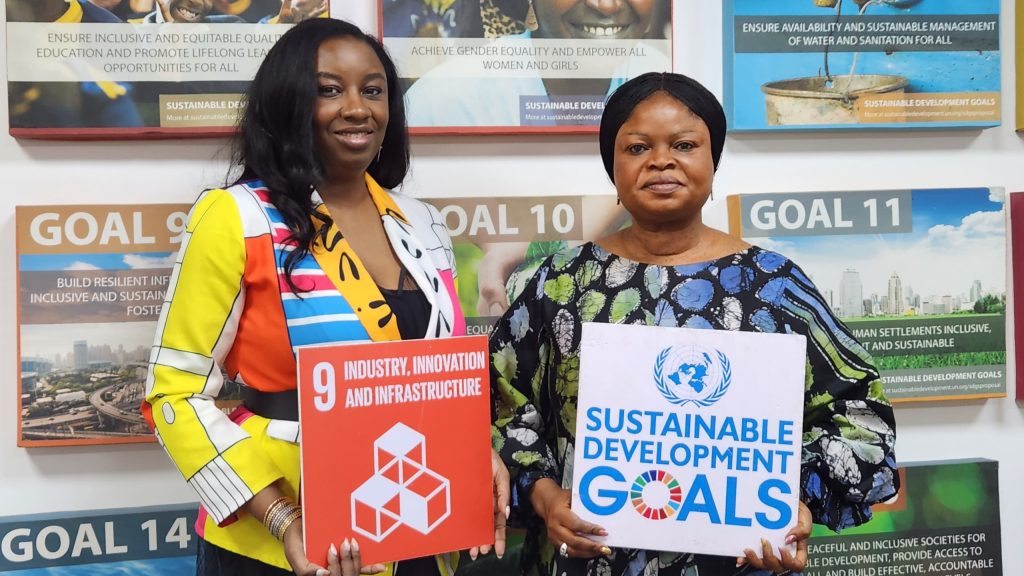Former first lady of Ekiti State, Erelu Bisi Fayemi, says Nigeria cannot expect to achieve its Millennium Development Goals if it relegates women’s participation in governance to the back burner.
Speaking as a guest on Newscentral’s Jasiri, Fayemi said while Nigeria may achieve some of its Sustainable Development Goals (SDG), it is virtually impossible to attain others, especially SDG five, which harps on gender quality because women are still being discriminated against.
“When women don’t have a seat at the table to raise issues of concern when they can’t add a gender perspective to decisions being made in governance, then it means that we don’t matter. It means that we are insignificant, and yet we expect to be able to achieve our development goals, which, by the way, is impossible. Nigeria did not meet any of the original.
And even if we can achieve one or two of them by some miracle, it will not be SDG five, which is gender equality and women’s empowerment, ” she said.
She admitted the phenomenon isn’t peculiar to Nigeria alone, alluding to the recent US presidential elections, in which a woman (Kamala Harris) was defeated in a landslide.
“We have cultural norms and values which still don’t regard women as viable leaders. And that’s not in Nigeria alone.
“You see what happened in the United States and with the elections there. We have issues to do with the lack of financial capacity compared with the men, and there’s also the issue of political violence.”
However, she decried women’s participation in governance in Nigeria, indicating that it has reached crisis levels.

“The ninth assembly, we had five per cent of women in the national assembly, and we made a whole lot of noise, now we have roughly 3.5 per cent and we have three female senators out of 109 or so and a total of 14 women in the National Assembly.”
“There are at least 14 states in Nigeria where there is no woman in the state house of assembly. We’ve never had a female governor and it goes on and on and so this is a serious problem, it’s a crisis as far as I’m concerned.”
She called on the government to tackle the menace by establishing legal and political frameworks, ensuring more women are involved, and encouraging more people to raise their voices.


